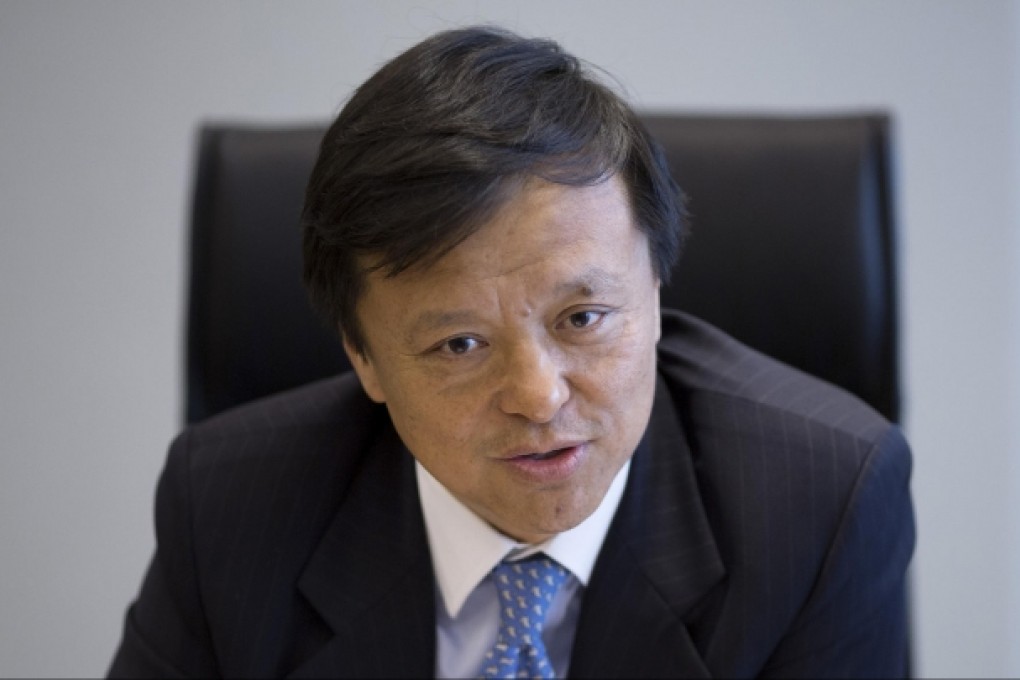Opinion | Only nod by Beijing can make commodities dream come true
Hong Kong investors know more about the price of property than the cost of sugar or aluminium

With the LME Week taking place this week, it is time to look at why this city has failed in its many attempts to introduce commodities trading.
Without Hong Kong Exchanges and Clearing's £1.39 billion (HK$16.6 billion) purchase of the London Metal Exchange last year, it is hard to imagine 1,000 commodities traders, producers and end users flying to Hong Kong to attend a three-day seminar.
The LME deal was yet another effort by Hong Kong to achieve the city's dream of turning itself into a commodities trading centre. Back in the 1980s, the former Hong Kong Futures Exchange, which later combined with the stock exchange to form the HKEx, introduced cotton, sugar, soyabean and gold trading. However, turnover was so thin that it was abolished in the 1990s.
More recently, the Hong Kong Mercantile Exchange shut its doors last month after two years of trading gold and silver contracts. The turnover was so thin that on its last trading day, only 181 contracts were left to be settled. The exchange failed to generate enough income and was sued by its landlord, Hong Kong Cyberport Management, for HK$7 million in unpaid rent.
After its closure, the Securities and Futures Commission found irregularities in its financial records and referred the case to the police, who have arrested seven people and charged four of them. The saga has highlighted the difficulties of commodities trading in Hong Kong.
HKEx introduced gold futures trading in 2008, so far the only commodities product traded locally. The result - no trading in the first five months of this year or last year as a whole, after an average daily turnover of 15 trades in 2011, 27 in 2009 and 62 in 2008. This is in contrast to the bourse's multibillion-dollar trading on its stock and futures market.
